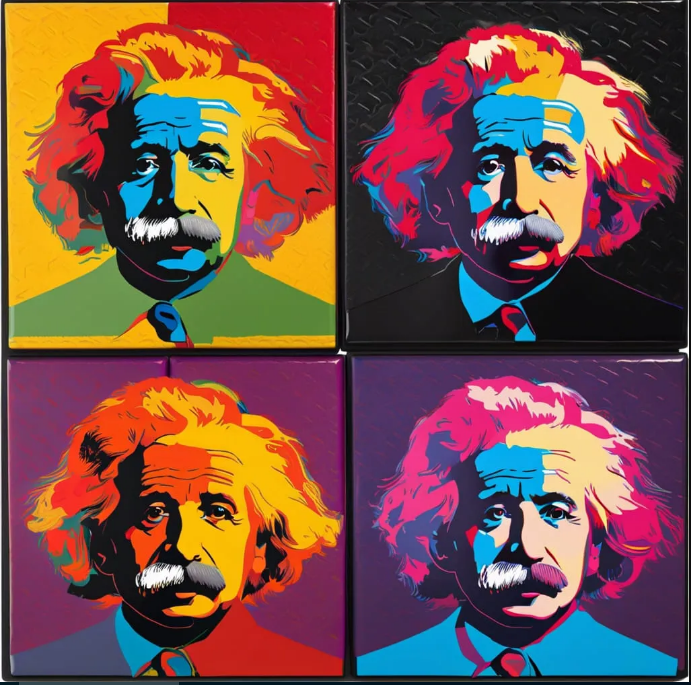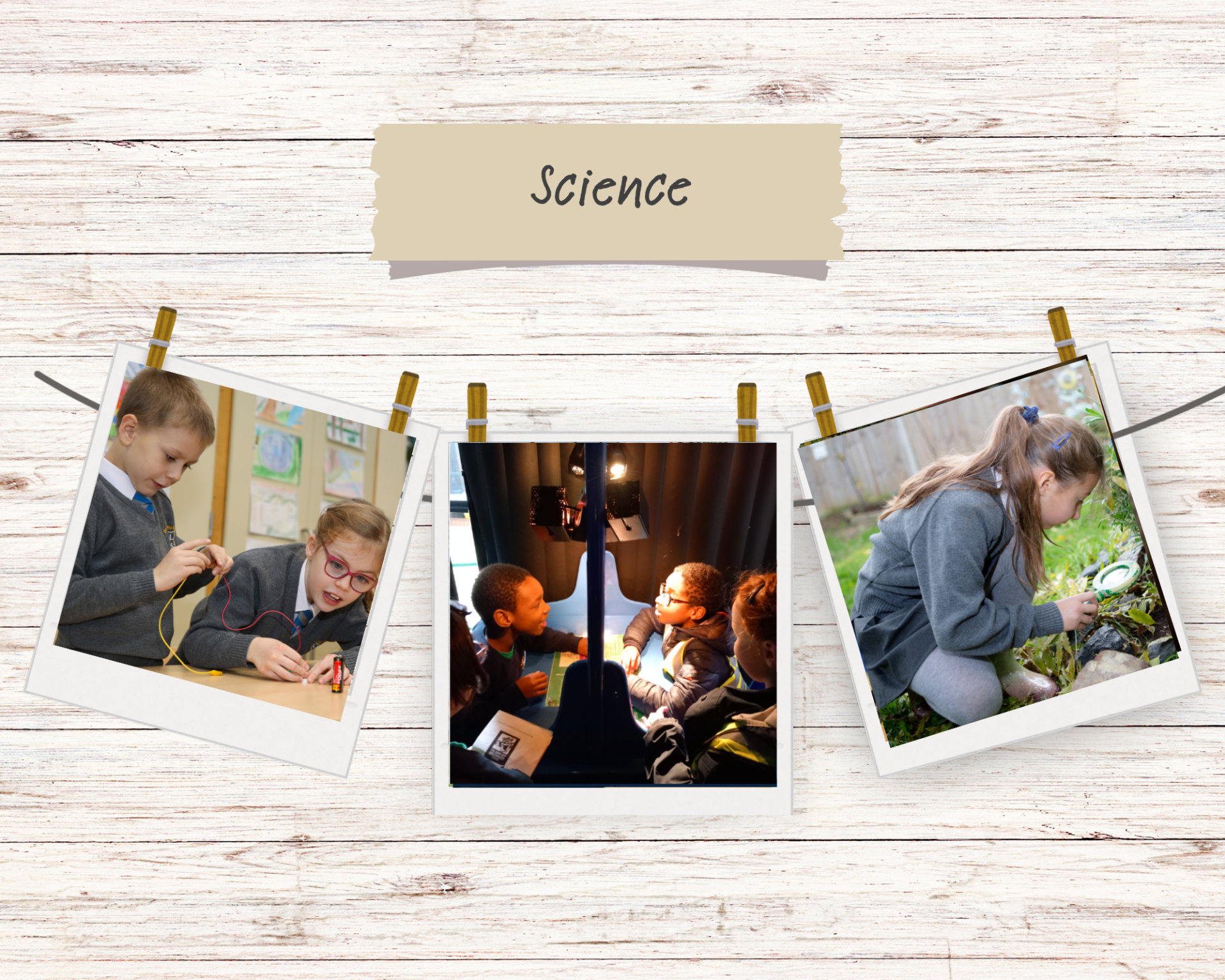Science

Science at Our Lady of the Rosary
At Our Lady of the Rosary, we aim to inspire curiosity, creativity, and a love of discovery through our science curriculum. We want every child to see themselves as a scientist: someone who asks questions, investigates ideas, and seeks to understand the world the world around them.
Our science curriculum encourages children to explore, observe, predict, and test their ideas through practical investigation and discussion. We follow the National Curriculum for science, ensuring that all pupils develop secure knowledge, skills, and understanding through meaningful, hands-on learning experiences.
Our Approach to Teaching Science
Science is taught through engaging, practical lessons that build progressively from the Early Years through to Year 6. Learning begins with curiosity and exploration in the Early Years, where children investigate the natural world around them through stories, play, and first-hand experiences.
As children move through the school, lessons are carefully sequenced so that new ideas build on what has been learned before. Regular retrieval practice helps children to recall key concepts and make connections between different areas of science. Teachers use questioning, discussion, and practical investigation to strengthen understanding and ensure knowledge becomes long-term.
Scientific vocabulary is taught explicitly so that children can use precise language when talking about their observations and discoveries. This approach develops both their knowledge of scientific concepts and their ability to work scientifically through enquiry and reasoning.
Working Scientifically
At every stage, children learn to think and work as scientists. They develop key enquiry skills such as observing, measuring, classifying, identifying patterns, and carrying out fair tests. They record their findings in different ways and learn to explain what they have discovered using scientific language. These skills are revisited regularly through cumulative progression, enabling pupils to build confidence and independence over time.
Scientific Knowledge and Understanding
Across the school, children explore a wide range of scientific ideas, including:
- Animals, humans, plants, and living things and their habitats
- Materials and their properties
- Seasonal changes and forces
- Light, sound, electricity, and space
- Evolution and inheritance
Through these topics, children develop an understanding of how the world works and how science influences everyday life. They learn to make links between different areas of learning and to see science as both fascinating and relevant.
Enrichment and Wider Opportunities
Science learning is enriched through a wide range of experiences that extend beyond the classroom. Children visit places such as Kew Gardens to explore plant life and conservation. We hold an annual Science Fair, where groups of pupils share investigations and celebrate their discoveries with the school community. We also enjoy welcoming visiting experts, including a local astronomer from Staines, who helps bring the study of space to life. These experiences nurture curiosity, connect learning to the real world, and inspire children to see the joy and wonder in scientific discovery.
Continuing the journey
At Our Lady of the Rosary, children develop secure scientific understanding through a carefully sequenced curriculum that builds year on year. They are taught to think logically, ask questions, and draw conclusions based on evidence. This cumulative approach ensures that pupils retain key knowledge and are well prepared for the next stage of scientific learning in secondary school.
By the time they leave, pupils can apply their understanding to new situations, explain their thinking with confidence, and recognise how science helps them make sense of the world around them.



